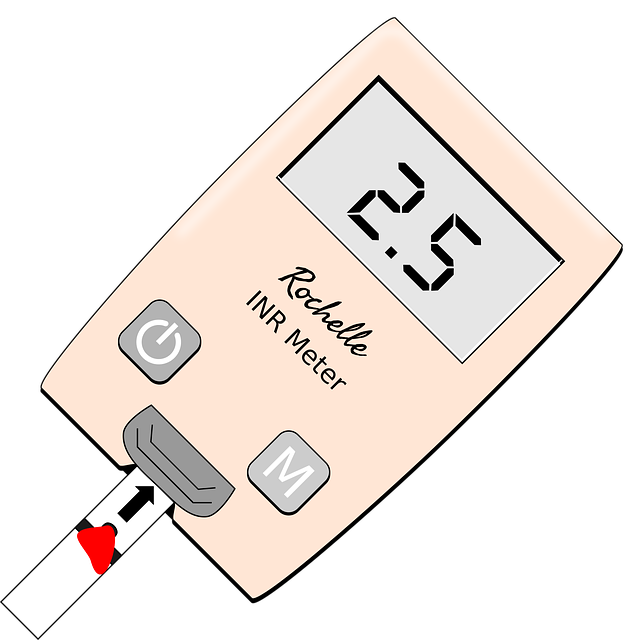A blood test for vitamin deficiency is a crucial diagnostic tool that reveals essential nutritional insights. It helps identify common yet significant issues like iron or Vitamin D deficiencies, enabling proactive wellness through dietary adjustments or targeted supplementation. Early detection of these deficiencies prevents conditions like anemia or bone problems, empowering individuals to take control of their health with personalized, data-driven strategies.
A blood test for vitamin deficiency is a powerful tool in navigating optimal health and wellness. This insightful guide explores the significant role these tests play in identifying hidden nutritional shortfalls that can impact overall well-being. From understanding common vitamin deficiencies and their subtle effects to learning how targeted vitamin replacement strategies enhance energy, mood, and disease prevention, this article offers valuable insights for proactive health management.
- Understanding Vitamin Deficiencies and Their Impact on Health
- The Role of Blood Tests in Identifying Vitamin Shortfalls
- Enhancing Wellness through Targeted Vitamin Replacement
Understanding Vitamin Deficiencies and Their Impact on Health
Vitamin deficiencies are common issues that can have significant effects on overall health and wellness. A blood test for vitamin deficiency is a crucial tool to identify these shortcomings, as it provides valuable insights into an individual’s nutritional status. By measuring the levels of various vitamins in the bloodstream, healthcare professionals can pinpoint specific deficiencies and determine the appropriate course of action.
These deficiencies can lead to a range of health issues. For instance, iron deficiency anemia can result from low iron levels, causing fatigue, weakness, and reduced cognitive function. Vitamin D deficiency may contribute to bone-related problems and increased risk of certain diseases. Understanding these connections is essential in adopting proactive measures to enhance wellness through targeted supplementation or dietary adjustments.
The Role of Blood Tests in Identifying Vitamin Shortfalls
Blood tests play a pivotal role in identifying and diagnosing vitamin deficiencies, offering a crucial tool for healthcare professionals to enhance overall health and wellness. These routine assessments provide valuable insights into an individual’s nutritional status by measuring specific vitamin levels in the blood. By analyzing samples, doctors can detect shortfalls or imbalances that may not be apparent through standard symptoms alone.
Identifying vitamin deficiencies early on is essential as these deficiencies can lead to various health issues. For instance, a low level of Vitamin B12 might indicate pernicious anemia, while inadequate Vitamin D could contribute to bone-related problems. Regular blood tests for vitamin deficiency serve as a proactive measure, enabling individuals to take necessary steps to improve their dietary intake or consider supplements, thereby fostering optimal wellness.
Enhancing Wellness through Targeted Vitamin Replacement
Many people are unaware that their bodies might be lacking essential vitamins, which can significantly impact overall health and wellness. A simple yet powerful tool to uncover these hidden deficiencies is a blood test for vitamin deficiency. This diagnostic method allows individuals to take charge of their well-being by identifying specific areas where nutrient supplementation may be necessary.
By pinpointing deficient vitamins through blood analysis, targeted vitamin replacement therapy can be implemented. This personalized approach ensures that the body receives precisely what it needs to optimize various physiological functions. Such interventions can enhance energy levels, boost immune responses, and even improve mood and cognitive performance.
A blood test for vitamin deficiency is a powerful tool for navigating optimal health and wellness. By understanding the impact of these deficiencies and leveraging blood tests for accurate identification, individuals can proactively enhance their overall well-being through targeted vitamin replacement strategies. This approach ensures that the body receives the essential nutrients it needs to function at its best.
